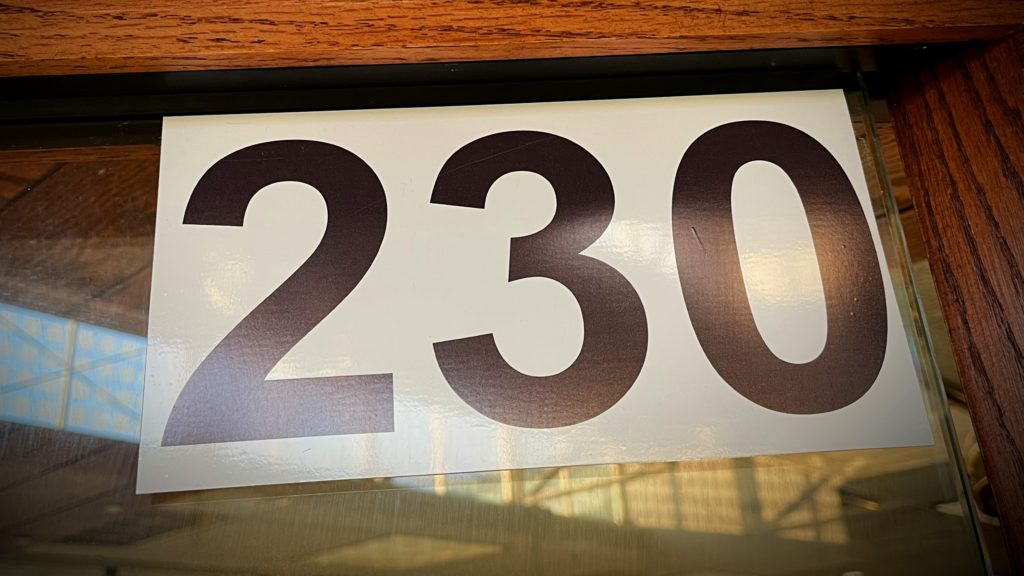
Dissenting in the court’s refusal to rehear an appeal en banc, Judge Elrod of the Fifth Circuit Court of Appeals – joined by six of her colleagues – penned an opinion that sharply criticized the broad immunity granted to social media companies under Section 230 of the Communications Decency Act. The dissent emerged in a case involving John Doe, a minor who was sexually abused by his high school teacher, a crime in which the messaging app Snapchat played a pivotal role.
The Core of the Controversy
Section 230 (47 U.S.C. 230) is a provision that courts have long held to shield internet companies from liability for content posted by their users. The dissenting opinion, however, argues that this immunity has been stretched far beyond its intended scope, potentially enabling platforms to evade responsibility even when their design and operations contribute to illegal activities.
Snapchat’s Role in the Abuse Case
Snapchat, owned by Snap, Inc., was used by the teacher to send sexually explicit material to Doe. Doe sought to hold Snap accountable, alleging that Snapchat’s design defects, such as inadequate age-verification mechanisms, indirectly facilitated the abuse. But the lower court, applying previous cases interpreting Section 230, dismissed these claims at the initial stage.
A Critical Examination of Section 230
The dissent criticized the court’s interpretation of Section 230, arguing that it has been applied too broadly to protect social media companies from various forms of liability, including design defects and distributor responsibilities. It highlighted the statute’s original text, which was meant to protect platforms from being deemed publishers or speakers of third-party content, not to shield them from liability for their own conduct.
Varied Interpretations Across Courts
Notably, the dissent pointed out the inconsistency in judicial interpretations of Section 230. While some courts, like the Ninth Circuit, have allowed claims related to design defects to proceed, others have extended sweeping protections to platforms, significantly limiting the scope for holding them accountable.
The Implications for Internet Liability
This case and the resulting dissent underscore a significant legal issue in the digital age: how to balance the need to protect online platforms from excessive liability with ensuring they do not become facilitators of illegal or harmful activities. The dissent suggested that the current interpretation of Section 230 has tipped this balance too far in favor of the platforms, leaving victims like Doe without recourse.
Looking Ahead: The Need for Reevaluation
The dissenting opinion called for a reevaluation of Section 230, urging a return to the statute’s original text and intent. This reexamination – in the court’s view – would be crucial in the face of evolving internet technologies and the increasing role of social media platforms in everyday life. The dissent warned of the dangers of a legal framework that overly shields these powerful platforms while leaving individuals exposed to the risks associated with their operations.
Conclusion
The court’s dissent in this case is a clarion call for a critical reassessment of legal protections afforded to social media platforms. As the internet continues to evolve, the legal system must adapt to ensure that the balance between immunity and accountability is appropriately maintained, safeguarding individuals’ rights without stifling technological innovation and freedom of expression online.
Doe through Roe v. Snap, Incorporated, — F4th — 2023 WL 8705665, (5th Cir., December 18, 2023)
See also: Snapchat not liable for enabling teacher to groom minor student
